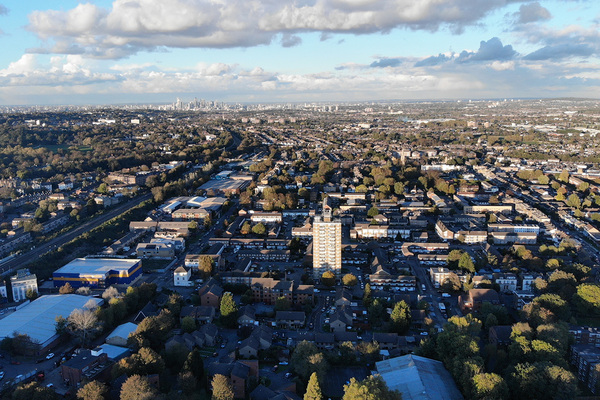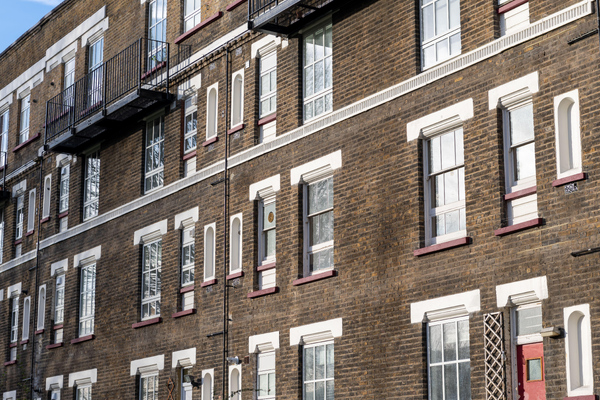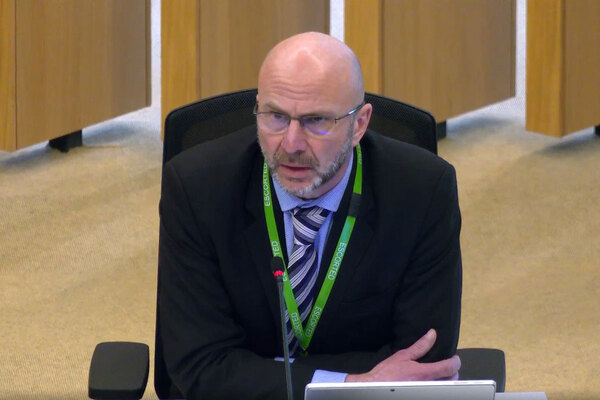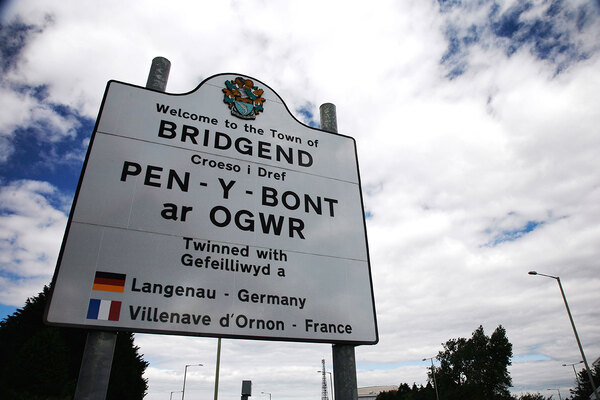You are viewing 1 of your 1 free articles
London borough to set up HRA to bring down temporary accommodation costs
A London borough is set to reopen its Housing Revenue Account (HRA) in a bid to tackle its spiralling temporary accommodation costs.
Bromley Council’s leader is expected to today [Wednesday] recommend the move to the next full meeting of the Conservative-run authority. It would be the first London borough to make such a move.
An officer’s report presented to councillors said an HRA would be “an additional tool for the provision of affordable housing” in the south-east London borough.
The council hopes delivering more affordable homes can help bring its temporary accommodation bill under control, which has been identified as a “major risk”.
It currently has around 1,700 homeless households in temporary accommodation – 1,000 of which are in nightly paid accommodation such as hostels and B&Bs at an average net cost to the council of £6,300 a year.
Temporary accommodation use “will continue to rise” without a boost to affordable housing supply in the borough, the officer’s report warned, with 300 households in need approaching the council each month.
It added: “Despite all efforts to increase the supply of accommodation coming through housing association partners and private sector options, this supply continues to be insufficient to meet the level of need and is likely to slow further as a result of COVID-19.
“Demand is also forecast to increase following financial pressures on households and evictions restarting.”
The council estimates it needs to expand the pipeline of affordable housing in the borough by 1,000 homes to bring down temporary accommodation costs – or see its £16.9m yearly budget gap grow to £26.5m by 2024/25.
The officer’s report indicated the council intends to procure housing management and maintenance services from another organisation.
Bromley Council transferred its housing stock of around 14,000 units to Broomleigh Housing Association (now part of Clarion Housing Group) in 1992, closing its HRA.
Around half of Britain’s councils made similar decisions between 1988 and 2015 as a means of leveraging investment into ageing housing stock.
However, a handful of stock transfer councils have now taken steps to reopen HRAs since the government scrapped a cap on how much could be borrowed through the ringfenced account in October 2018, including Liverpool, Sunderland, Bradford and Peterborough.
The officer’s report said the council is currently working on schemes for 227 new homes and must therefore make a decision “regarding the delivery and ownership vehicle”.
Government rules require councils to open an HRA when they own more than 200 homes.
In November, Bradford Council was ordered to open an HRA having built more than 400 homes for rent since transferring its housing stock.
There are no direct costs associated with setting up an HRA and government approval is not required.
Sign up for our Council Focus newsletter
Already have an account? Click here to manage your newsletters













